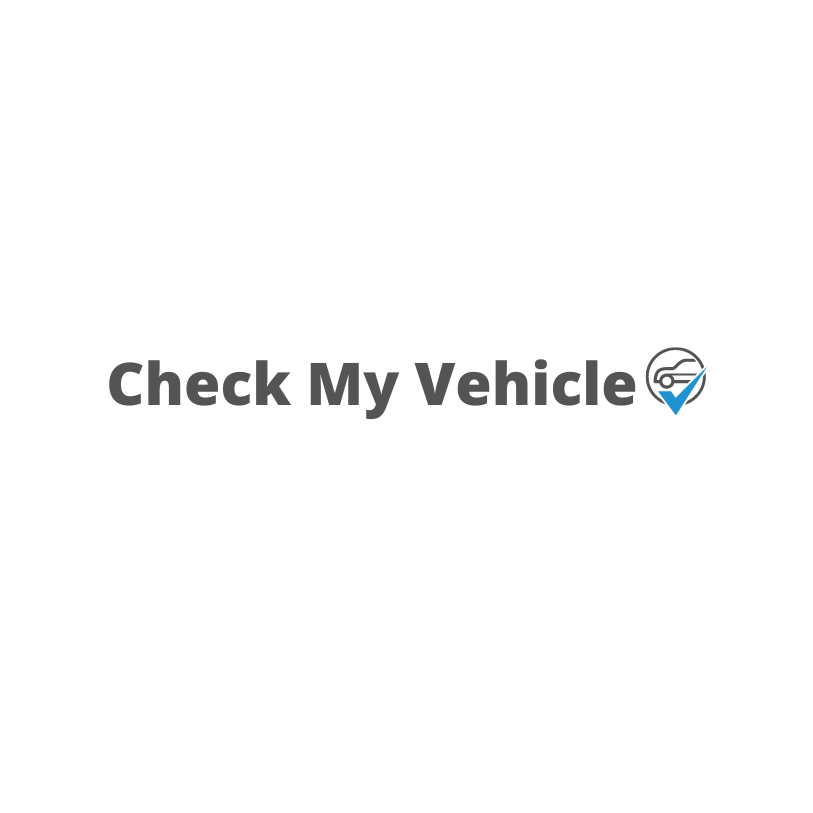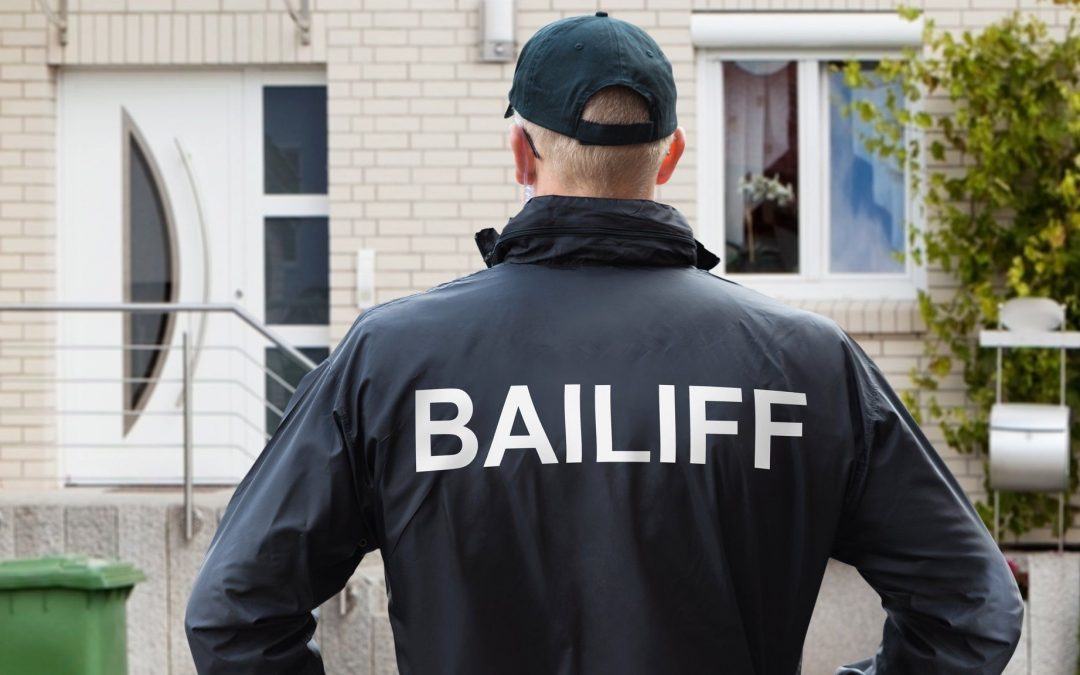As someone who may be facing financial difficulties, it’s important to understand the authority and limitations of bailiffs when it comes to seizing a car that is on finance. In this article, I will provide a comprehensive guide on what you need to know about bailiffs and their authority, legal protections for cars on finance, what to do if bailiffs try to seize your financed car, exploring alternative options to prevent car seizure, steps to take if your car is seized by bailiffs on finance, important considerations for car finance agreements, seeking legal advice for dealing with bailiffs and car finance, as well as resources and support for individuals facing car seizure by bailiffs.
Understanding Bailiffs and Their Authority
Bailiffs are individuals who are authorized by the court to recover debts on behalf of creditors. They have the power to seize possessions to sell and recover the outstanding debt. However, it’s important to note that bailiffs can only seize a car if they have a valid warrant or court order.
When it comes to a car that is on finance, the situation becomes more complex. The finance company technically owns the car until the finance agreement is fully paid off. This means that while you are making regular payments, the car is not considered your property. As such, bailiffs generally do not have the authority to seize a car that is on finance, as they do not have the legal right to repossess a vehicle that is not owned outright by the debtor.
Legal Protections for Cars on Finance
If you are facing the possibility of bailiffs seizing your financed car, it’s important to understand your legal protections. The Consumer Credit Act 1974 provides certain safeguards for individuals who have entered into a credit agreement. Section 92 of the Act states that a bailiff cannot take control of goods that are subject to a hire-purchase or conditional sale agreement, unless they have the permission of the court.
Furthermore, the Taking Control of Goods Regulations 2013 provide additional protections for cars on finance. According to these regulations, bailiffs must obtain a “controlled goods agreement” before they can seize a car that is on finance. This agreement can only be obtained if the finance company consents to the seizure, which is unlikely to happen unless you have defaulted on your payments.
What to Do If Bailiffs Try to Seize Your Financed Car
If bailiffs attempt to seize your financed car, it is crucial to remain calm and informed about your rights. The first step is to ask the bailiffs for proof of their authority and a copy of the warrant or court order. If they cannot provide these documents, they do not have the legal right to seize your car.
It is important to note down the bailiffs’ details, including their names and the company they represent. Take photographs or videos of the situation as evidence, and inform the bailiffs that you are aware of your legal protections under the Consumer Credit Act 1974. You should also contact the finance company immediately to inform them of the situation and seek their guidance.
What can a bailiff take?
When it comes to what a bailiff can take, it’s important to note that they have limitations and cannot seize goods that are protected under hire-purchase or conditional sale agreements. This means that if your car is on finance, it is generally safeguarded from being taken by bailiffs. However, it’s always advisable to seek legal advice and understand your specific situation to ensure you are fully protected.
When facing the possibility of car seizure by bailiffs, it’s crucial to remain calm, understand your rights, and seek legal advice. Exploring alternative options, such as negotiating with the finance company or considering voluntary termination, can help prevent car seizure. Remember, seeking legal advice and utilizing available resources and support can make a significant difference in navigating this challenging situation.
When seeking legal advice and utilizing available resources and support, it’s important to rely on reputable sources. Some reliable sources for information on car seizure by bailiffs include:
- Citizens Advice Bureau (CAB): CAB offers free and impartial advice on various issues, including debt and finance. They have trained advisors who can provide guidance on dealing with bailiffs and understanding your rights. You can visit their website or contact their helpline for assistance.
- Debt Charities: Organizations like StepChange and National Debtline provide support and advice for individuals facing debt-related issues. They can offer guidance on dealing with bailiffs, negotiating with finance companies, and exploring available options. Their websites have useful resources and tools to help you navigate the legal complexities.
- Government Websites: Official government websites, such as the Ministry of Justice or the Financial Conduct Authority, can provide reliable information on the legal aspects of car seizure by bailiffs. These websites often have guides, regulations, and FAQs that can help you understand your rights and the legal protections available to you.
Remember to verify the information you find and consult multiple sources to ensure accuracy and up-to-date advice. By relying on reputable sources, you can make informed decisions and protect your interests when facing the possibility of car seizure by bailiffs.
Exploring Alternative Options to Prevent Car Seizure
When it comes to what a bailiff can take, it’s important to note that they have limitations and cannot seize goods that are protected under hire-purchase or conditional sale agreements. This means that if your car is on finance, it is generally safeguarded from being taken by bailiffs. However, it’s always advisable to seek legal advice and understand your specific situation to ensure you are fully protected.
If you are struggling to keep up with your car finance payments and fear the possibility of car seizure by bailiffs, it’s crucial to explore alternative options to prevent this from happening. One option is to negotiate with the finance company to arrange a more affordable repayment plan. They may be willing to extend the term of the agreement or reduce the monthly payments to help you manage your finances better.
Another option is to consider voluntary termination of the finance agreement. This is a legal right that allows you to end the agreement early and return the car to the finance company. However, it’s important to note that you may still be liable for any outstanding payments or fees.
Steps to Take If Your Car Is Seized by Bailiffs on Finance
In the unfortunate event that your car is seized by bailiffs on finance, there are certain steps you can take to protect your interests. Firstly, contact the finance company immediately to inform them of the situation and seek their guidance. They may be able to assist you in recovering the vehicle or negotiating a solution.
It is also important to seek legal advice from a solicitor who specializes in debt and finance matters. They can guide you through the legal process, help you understand your rights, and represent your interests if necessary.
Important Considerations for Car Finance Agreements
Before entering into a car finance agreement, it’s important to carefully consider the terms and conditions. Make sure you fully understand the repayment obligations, interest rates, and any potential penalties for missed payments. It’s also advisable to read the fine print and ask questions to clarify any uncertainties.
Additionally, it’s crucial to assess your financial situation and ensure that you can comfortably afford the monthly payments. Consider factors such as your income, expenses, and any potential changes in circumstances that may affect your ability to meet the financial obligations.
Seeking Legal Advice for Dealing with Bailiffs and Car Finance
Dealing with bailiffs and car finance can be a complex and stressful process. If you find yourself in this situation, it is highly recommended to seek professional legal advice. A solicitor who specializes in debt and finance matters will be able to provide you with expert guidance, help you understand your rights, and represent your interests if necessary.
They can assist you in navigating the legal complexities, negotiating with bailiffs and finance companies, and ensuring that your rights are protected throughout the process. Remember, having the right legal support can make a significant difference in the outcome of your case.
Resources and Support for Individuals Facing Car Seizure by Bailiffs
If you are facing the possibility of car seizure by bailiffs, it’s important to know that you are not alone. There are resources and support available to help you navigate this challenging situation.
Citizens Advice Bureau is a valuable resource that provides free and impartial advice on a wide range of issues, including debt and finance. They can offer guidance on dealing with bailiffs, understanding your rights, and exploring available options.
Additionally, there are various debt charities and support groups that can provide assistance and advice. These organizations can help you navigate the legal process, negotiate with bailiffs and finance companies, and provide emotional support during this challenging time.
Conclusion
In conclusion, while bailiffs have the authority to seize possessions to recover outstanding debts, they generally do not have the legal right to seize a car that is on finance. Legal protections provided by the Consumer Credit Act 1974 and the Taking Control of Goods Regulations 2013 offer safeguards for individuals with cars on finance.
If you find yourself facing the possibility of car seizure by bailiffs, it’s crucial to remain calm, understand your rights, and seek legal advice. Exploring alternative options, such as negotiating with the finance company or considering voluntary termination, can help prevent car seizure.
Remember, seeking legal advice and utilizing available resources and support can make a significant difference in navigating this challenging situation.
sources
- Citizens Advice Bureau (CAB): CAB offers free and impartial advice on various issues, including debt and finance. They have trained advisors who can provide guidance on dealing with bailiffs and understanding your rights. You can visit their website or contact their helpline for assistance.
- Debt Charities: Organizations like StepChange and National Debtline provide support and advice for individuals facing debt-related issues. They can offer guidance on dealing with bailiffs, negotiating with finance companies, and exploring available options. Their websites have useful resources and tools to help you navigate the legal complexities.
- Government Websites: Official government websites, such as the Ministry of Justice or the Financial Conduct Authority, can provide reliable information on the legal aspects of car seizure by bailiffs. These websites often have guides, regulations, and FAQs that can help you understand your rights and the legal protections available to you.
Remember to verify the information you find and consult multiple sources to ensure accuracy and up-to-date advice. By relying on reputable sources, you can make informed decisions and protect your interests when facing the possibility of car seizure by bailiffs.

